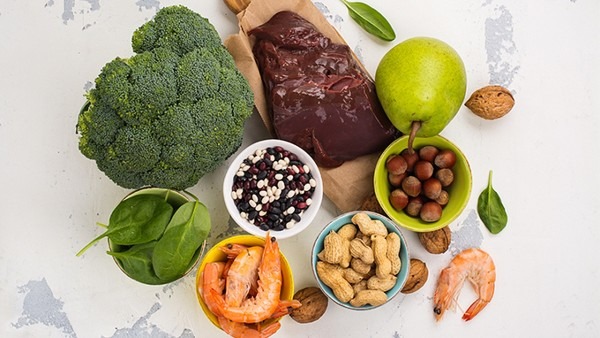First and foremost, let’s get one thing straight—tequila isn’t a health elixir, but if you’re going to indulge in a drink, it might be one of the better options on the shelf. Unlike sugary cocktails or carb-heavy beers, tequila made from 100% blue agave has a few things going for it, like lower sugar content and no gluten. But before you start downing shots in the name of wellness, let’s break down what makes tequila stand out—and why it’s still alcohol, with all the risks that come with it.
The Agave Advantage: What Makes Tequila Different
Tequila isn’t just any liquor—it’s distilled from the heart of the blue agave plant, known as the piña. Unlike other spirits that rely on grains or fruits, tequila’s base ingredient gives it a unique profile. The agavins in tequila are a type of natural sugar that doesn’t spike blood glucose as aggressively as refined sugars found in many cocktails. That’s why some dietitians suggest it might be a slightly better choice for those watching their sugar intake—assuming you’re sipping it neat or with a squeeze of lime, not drowning it in margarita mix. But here’s the catch: not all tequilas are pure. Cheaper versions (mixtos) cut corners with added sugars and artificial flavors, so if you’re going for tequila, splurging on a 100% agave bottle is the way to go.
Myth Busting: Does Tequila Actually Have Health Benefits?
no alcohol is a health food. But tequila does have a few interesting quirks. Agavins, the natural sugars in blue agave, have been studied for their prebiotic potential, meaning they might support gut health by feeding good bacteria. Some research also suggests agavins could aid calcium absorption, which might help with bone density. But before you start prescribing yourself a nightly shot for strong bones and happy digestion, know this: fermentation and distillation strip away most of those potential perks. Any benefits are minimal at best, and definitely not a reason to start drinking if you don’t already. Plus, alcohol itself can wreck your gut microbiome and leach calcium from bones over time, so the pros and cons pretty much cancel each other out.
Tequila vs. Other Booze: How It Stacks Up
If you’re comparing tequila to, say, a syrupy piña colada or a gluten-loaded beer, it’s the lesser evil. Pure agave tequila has no carbs, no gluten, and a lower glycemic impact than many alternatives. That makes it a decent pick for diabetics or anyone cutting back on sugar—again, if you skip the sugary mixers. But let’s not kid ourselves: vodka, gin, and other clear spirits are just as low in sugar and carbs. The real difference? Tequila’s agave base gives it a slight edge in the “less processed” department. Still, alcohol is alcohol, and your liver doesn’t discriminate between a top-shelf añejo and a cheap vodka soda when it’s breaking down toxins.
The Hangover Factor: Why Tequila Gets a Bad Rap
Anyone who’s ever overdone it on tequila knows the next-day misery is next-level. But here’s the thing—it’s not the tequila itself that’s the problem (assuming it’s 100% agave). It’s the sugary mixers, the dehydration, and the fact that people tend to drink tequila in shots, which means gulping it too fast for the body to process. Darker tequilas (like reposado or añejo) also contain congeners—compounds formed during aging that can make hangovers worse. So if you’re trying to minimize regret, stick to high-quality blanco tequila, sip slowly, and chase every drink with water. And maybe skip the salt-and-lime ritual—that’s just an excuse to drink faster.
The Risks: Why Moderation Matters
No matter how “clean” your tequila is, alcohol is still a toxin. Regular drinking—even in moderate amounts—can mess with your sleep, weaken your immune system, and increase your risk of everything from high blood pressure to certain cancers. And let’s not forget the mental health toll: alcohol is a depressant that can exacerbate anxiety and mood swings, especially when the buzz wears off. Plus, tequila’s reputation as a party starter makes it easy to overdo. Bottom line? If you enjoy it, fine—but treat it like the indulgence it is, not a wellness hack.
So, is tequila good for you? Not exactly. But if you’re going to drink, opting for a high-quality, 100% agave tequila—sans sugary additives—is a smarter move than most. Just remember: the healthiest choice is always drinking less, not “better.” Cheers (responsibly).
























